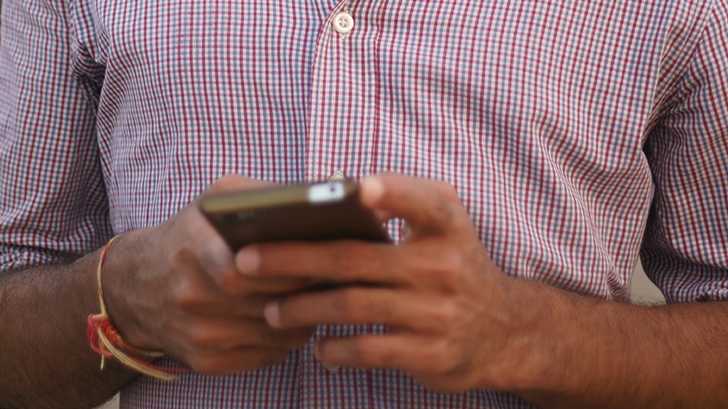
'We will capitalize on this very, very good anti-terror law. It is comprehensive, it is proactive,' says new Armed Forces of the Philippines chief Lieutenant General Gilbert Gapay
The Armed Forces of the Philippines (AFP) wants to include social media use in the ambit of the controversial anti-terror law, new AFP chief Lieutenant General Gilbert Gapay said on Monday, August 3.
"We need to have specific provisions on this, pertaining to the use of social media," Gapay said in a press briefing broadcast from Camp Aguinaldo.
"We need to have specific provisions on this, pertaining to the use of social media," Gapay said in a press briefing broadcast from Camp Aguinaldo.
(READ: New AFP chief's 'top priority': Enforcing the anti-terror law)
Gapay explained that terrorist organizations have used different social media platforms as channels to hatch their plans against governments and civilians.
"We will capitalize on this very, very good anti-terror law. It is comprehensive, it is proactive...Pinaplano pa lang nila, ma-stop na natin (We can stop them as they are still planning)," he said.
Room for abuse?
The anti-terror law does not explicitly say that it covers social media use, only "writings." Lawyers have earlier warned that the law could be used to go after critics of the government on social media.
Gapay explained that terrorist organizations have used different social media platforms as channels to hatch their plans against governments and civilians.
"We will capitalize on this very, very good anti-terror law. It is comprehensive, it is proactive...Pinaplano pa lang nila, ma-stop na natin (We can stop them as they are still planning)," he said.
Room for abuse?
The anti-terror law does not explicitly say that it covers social media use, only "writings." Lawyers have earlier warned that the law could be used to go after critics of the government on social media.
(READ: Beware of that two-faced clause in the anti-terror law)
Gapay's proposal was made in consideration of the law's Implementing Rules and Regulations, which, according to Defense Secretary Delfin Lorenzana in the same press conference, was still "work in progress."
The Anti-Terror Council, Lorenzana said, is still meeting on the document, and one of the suggestions they are waiting for is those of the AFP.
So far, the government has been arresting critics over social media posts through the cyber libel law and the Revised Penal Code's provision on inciting to sedition. If used in the same fashion, the anti-terror law can deliver harsher arrests and penalties, including detention without a court-issued warrant for as long as 24 days. –
https://rappler.com/nation/afp-chief-gapay-says-social-media-use-should-be-regulated-by-anti-terror-law
Gapay's proposal was made in consideration of the law's Implementing Rules and Regulations, which, according to Defense Secretary Delfin Lorenzana in the same press conference, was still "work in progress."
The Anti-Terror Council, Lorenzana said, is still meeting on the document, and one of the suggestions they are waiting for is those of the AFP.
So far, the government has been arresting critics over social media posts through the cyber libel law and the Revised Penal Code's provision on inciting to sedition. If used in the same fashion, the anti-terror law can deliver harsher arrests and penalties, including detention without a court-issued warrant for as long as 24 days. –
https://rappler.com/nation/afp-chief-gapay-says-social-media-use-should-be-regulated-by-anti-terror-law

No comments:
Post a Comment
Note: Only a member of this blog may post a comment.